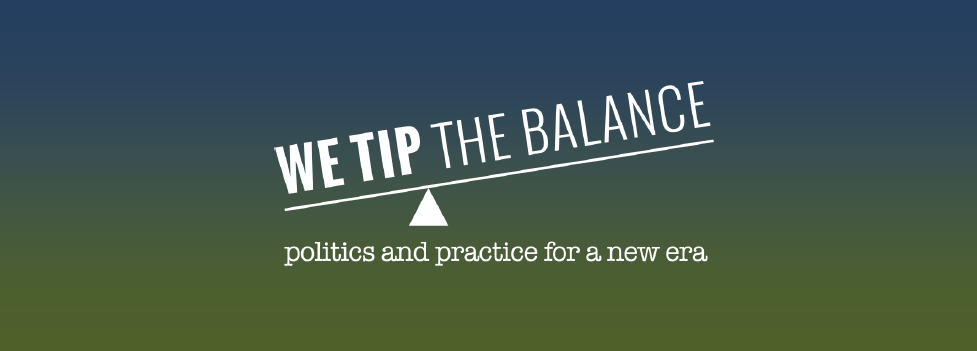
Many of the institutions we've relied on in the past are showing themselves an incapable of addressing the issues of our times. Examples such as the prison system and policing, housing and banking, are being more widely exposed for their origins, driving incentives and maintenance of segregation and white supremacy.
In these times, the gap between our sense of humanity and what it may feel possible to do, may seem more and more apparent.
For us as individuals, closing the gap between action and intention is easier when we're not isolated and divided from each other, when we can learn from and support each other.
The changes we are able to make together, the institutions we can build together, and ultimately, our individual and collective "abilities to seek new ways of being in the world" (a definition of power offered by the late Audre Lorde) will be determined by the degree and quality of our ability to become together, or the specific relationships between Self and Other we engage in. These are the politics for a new era emerging out of what we do together now.
We Tip the Balance coordinates ways to get on with this crucial work, even as we learn what it is we're doing, or how to make it happen. These actions are also explorations, of various kinds and lengths, through the past and into a shared future. These opportunities for learning how to make change together:
- start with the human desires, fears and sense of duty that make politics personal
- are accessible and “call in” those for whom participation in social change is new
- honor and study the history of social struggle
- center contemporary forms of social struggle as reference points
- see it as a practice with various dimensions and orders of change that we can learn about together
In the past, we've held discussion forums, workshops and study groups, including participation in a variety of conferences such as the Evolutionary Futures Lab as a guest teacher.
